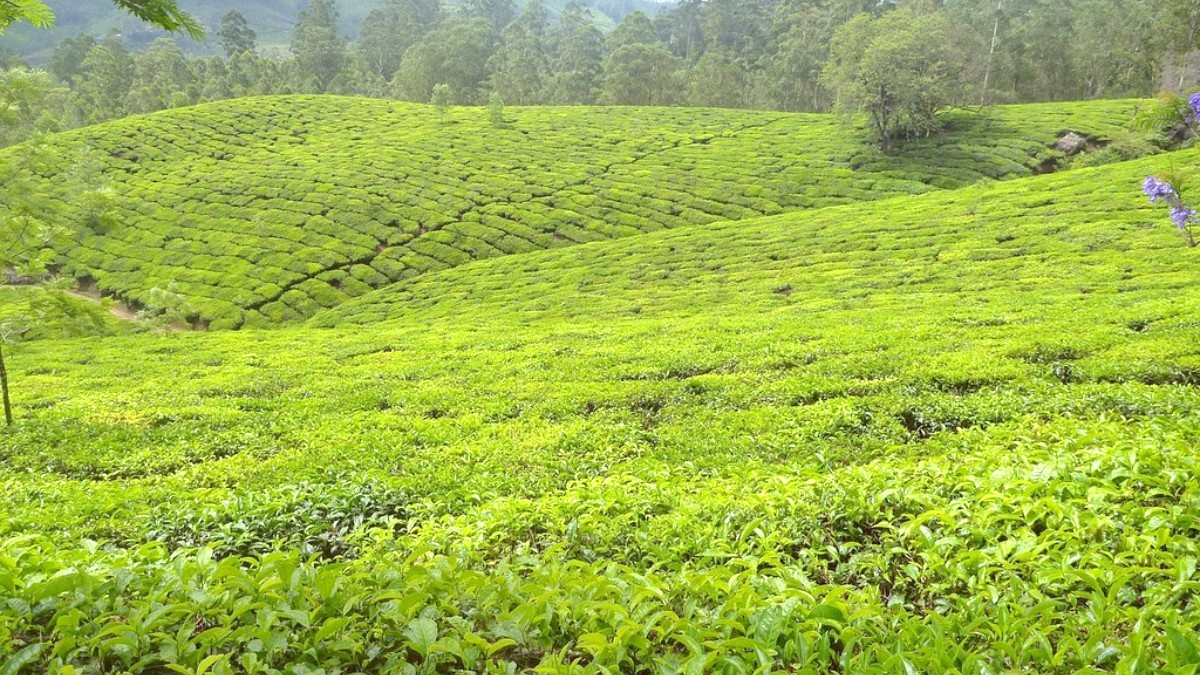
Northeast States, India
Assam's diverse landscapes offer an array of outdoor activities, from wildlife encounters to serene cycling paths.
Easy walks in tea gardens or Majuli villages. Moderate treks in Brahmaputra valley foothills. Extensive mountain trekking within Assam is limited; consider Meghalaya or Arunachal Pradesh for rugged terrain.
River rafting is limited to specific tributaries and seasons. Boat safaris are available in Kaziranga (Agoratoli Range) for birdwatching. Brahmaputra River Cruises offer scenic multi-day experiences.
Paragliding is emerging in North Cachar Hills but not widely established. Zip-lining may be at some resorts near tourist attractions.
For all outdoor adventures, prioritize safety. Use authorized guides for safaris and treks. Be aware of weather conditions and carry appropriate gear. Mountain biking infrastructure is minimal, so caution is advised on shared roads.
Assam presents rich opportunities for cultural immersion, allowing visitors to engage with local traditions and arts.
Bihu Dance: The state's iconic folk dance, energetic and performed during Bihu festivals.
Sattriya Dance: A classical Indian dance from Satras, a devotional dance-drama. Seen at Srimanta Sankaradeva Kalakshetra or Satras.
Bhaona: Dramatized mythological plays, traditionally performed in Satras with masks and costumes.
Formal short-term Assamese language learning opportunities are limited. Learning a few basic Assamese phrases from locals can greatly enhance interactions and show respect.
Bihu: Three major festivals (Rongali/Bohag in April, Kongali/Kati in Oct, Bhogali/Magh in Jan) are central to Assamese culture.
Ambubachi Mela (June): Major annual Hindu 'mela' at Kamakhya Temple, attracting millions, a unique spiritual experience.
Tea Festival (Jorhat, Nov-Dec): Celebrates tea heritage with cultural programs and tea tastings.
Energetic folk dance, a centerpiece of Assamese culture, performed during festivals.
Classical Indian dance, devotional dance-drama from the Satras, with rich historical roots.
Traditional dramatized mythological stories, performed with masks and costumes in community halls.
Assam presents opportunities for relaxation and rejuvenation, especially in its tranquil natural settings.
Dedicated yoga and meditation retreats are limited in Assam. Some individual yoga instructors or small centers may hold classes in Guwahati.
These are not typically offered as organized tourist experiences but form part of local life and traditional community care.
Assam is landlocked. Upscale hotels and resorts feature swimming pools for guests to relax and cool down.
Community feasts ('Bhoj'), featuring newly harvested rice, fish, and meat. Preparation of various Pithas and Laru.
Marks the Assamese New Year with fresh greens and celebratory dishes. Sharing of traditional snacks and sweets.
A major annual Hindu fair at Kamakhya Temple, attracting millions of devotees. A unique and intense spiritual experience.
Entertainment and nightlife options are mainly concentrated in Guwahati.
Mainly found in Guwahati, concentrated around areas like G.S. Road. They feature a selection of pubs, lounges, and a few nightclubs catering to a younger crowd.
Guwahati features burgeoning areas with bars and pubs, especially in the Dispur and G.S. Road areas. Formal organized pub crawls are uncommon.
Entertainment options diminish outside Guwahati. Most establishments in smaller towns close by midnight or 1 AM. In Guwahati, some clubs may stay open slightly later, but generally, late-night activity is not extensive.
Experience traditional Assamese music and dance at cultural complexes and local venues.
Guwahati offers a selection of modern establishments for evening drinks and socializing.
Limited outside Guwahati; plan evenings accordingly in smaller towns.
Be aware of local closing times for bars and pubs, which can be earlier than in major international cities.
Assam's shopping scene ranges from traditional bazaars to modern malls, with unique artisan crafts.
Sualkuchi is renowned for silk weaving (Muga, Pat, Eri silk). Observe production and purchase directly from weavers. Majuli Island is known for mask making and traditional pottery.
Purchase directly from artisans or community initiatives for fair wages. Avoid wildlife products or items promoting animal cruelty. Support local small businesses.
Mainly in Guwahati's malls and high-end hotels, featuring branded goods and curated collections.
For genuine silk and handicrafts, visiting Sualkuchi and Majuli directly assures authenticity and supports local artisans. Bargaining is common in traditional markets but less so in fixed-price shops.